
The Common Grounds of Victimhood & Hate
Written & Narrated by Leigh Martinuzzi
Belongingness – a deep and fundamental human emotion.
- Why? Survival and reproduction.
Humans are animals and as with many animal groups belonging to social groups provide protection. Although this is not as relevant nowadays because we can survive pretty well without being a part of a tribe, we still do desire to belong to a group or groups. The social bonds and relationships we form in our networks have been proven to have profound benefits to our overall wellbeing.
People that are lonely or don’t meet this need to belong will have difficulty forming a level of self-identity. Who we are plays a critical role in how we think, the decisions we make and how we behave. If we lack a solid sense of identity – who are we? It brings our level of significance, relevance and meaning in life to a lower level. This is not a good thing.
Research and science prove that strong social bonds and relationships are key to our identity as well as our health and happiness. We will live longer when we have strong connections with family, friends, colleagues and even strangers. Regardless of the tribe(s) that we find a sense of belonging within, this same motivation can be found across all the globe in all cultures. We want an identity and more importantly, it is in essence how we progress and survive.
People that do not belong find themselves living a life of irrelevance. This results in psychological, emotional, cognitive and behavioural dysfunctions. Anxiety, fear, loneliness and depression are all symptoms to a lack of belongingness. This deeply embedded need to fit in drives most of us to find our place. We do this with love and hate, war and peace. We will do whatever it takes and once we find our spot it is incredibly hard to let go. That can have both positive and negative implications.
The modern age has us torn. Social media has us living online more and more and this limits social interaction. Sure, we still find our digital tribes but as I’ve written about in the past it doesn’t provide nearly enough benefits as the traditional belly to belly contact with other human beings does – read here and here. (Attached two articles – Lost Art of Connection & Tech – Killing Human Connection).
Most of our survival needs are also easily meet. No longer is it necessary to be friends with the local farmer to source our meat or to the doctor to help us heal. We can discover all the services by tapping on google and fulfilling what is needed by jumping online or visiting the local practitioners. Group favouritism plays no real part here – the one thing you may need is money to make the transactions complete. However, as we become further separated and less dependent on one another we find ourselves with an underlying sense of disease. The niggling motivation to go out there and connect with others. We search for like-minded groups to fit in and discover an identity.
Pain will result when leaving a group or network. Some studies of the brain have shown that the loss of a loved one or the abandonment or rejection from a group is so emotionally felt that it often can trigger physical pain in the individual. We will strive to hold onto the relationships we have whether good or bad and we will avoid leaving a group as the challenges to find a new one is tough. Of course, if we’ve already found another then a transition is not so difficult.
The question I began to wonder is why we find common grounds in victimhood and hate. People in abusive or violent relationships find it incredibly hard to leave. From an outsider’s perspective, this would appear absolute madness. However, the reason is simple, they hold on to a fear of abandonment. Our emotional need to belong is our identity. Where would we go without it? What would we do? Who would we be? So, we stay put.
People come together when facing threat. Studies have found that people who go through a trauma together or separately tend to latch onto individuals that have similar experiences. There is an element of shared identity. The common grounds that bring us together and have us form groups provides us with a sense of certainty and calmness. It is emotionally stabilising.
Victimhood and hate stimulate negative feelings and emotions yet when combined with others who share similar attributes they make us feel a level of reassurance. If I hate something which you also hate then we are on the same page – that is good, that provides us with positive reinforcement. We are not alone. It supports our identity and gives us this much-desired sense of belongingness.
Victimhood implies blame or lack of ownership to something that one feels is owing to them or not yet achieved. It can be both tangible or intangible in nature. It requires an external party, event or thing that somehow impacts us in negative ways. Very often incorrectly perceived and mislead by false realities.
Hate, on the other hand, is different again and can be much worse. It is an intense dislike towards an object, idea, behaviour, person, culture, group – whatever. Victims often find hate towards whatever it is that they feel that they have been hard done by. Victimhood can, therefore, trigger hate. However, whether it’s victimhood on not we all hate, as Sally Kohn has suggested. Listen to my interview with her here.
The common grounds to victimhood and hate are our way to get a foot in the door. It helps fulfil the need to belong. It helps protect the identity of the individual and the group. Are you in or are you out? If you are not with me perhaps you’re against me. You must be with them.
If we found a heightened sense of awareness and reflected on our position for a moment. How we feel, the emotional connections to victimhood and hate, perhaps our perspectives could shift. We may see through our own blindness. A new idea that suggests something else, something that goes against what we believe.
Self-awareness is an amazing thing and at the same time very threatening. It challenges our beliefs. It provides disruption to our identity. It poses threat to our sense of belonging. Becoming self-aware in itself is a process and one that is not easy. And for most of us, we usually select the path of least resistance. And when we are mindful of our thoughts, beliefs, decisions and actions they can be very difficult to accept. And for this, I’d conclude, is why it is easier to find common grounds in victimhood and hate as opposed to the alternative – gratitude and love.
That may leave one with little hope. If so, don’t be discouraged because there is an equal or more abundant amount of people and groups that come together in abundance and in love. And they welcome outsiders with open arms, without judgment or expectation.
Self-awareness will wake you up. Compassion, both inwardly and outwardly, will push you through the personal challenges of belief. Finding common grounds in victimhood and hate is not a pathway out. It will only encourage more of the same, both on the individual level and within the group.
On top of that, victimhood and hate waste energy, are not progressive, and the best way to live in higher states of stress, anger and unhappiness. When, and if, we see this we will opt for the alternatives and understand there are other more positive ways to find a sense of identity and belongingness.
Leave your thoughts, comments and questions below. Reach out directly by email of social media. Peace, Passion & Purpose.
Further Reading and Resources
TED Talks: Ideas worth spreading
Elite Daily: The Voice of Generation Y
Four Hour Work Week: How to escape the 9-5, live anywhere and join the new rich.
The Minimalists: How to pursue a minimalist lifestyle and be happier.
Mind Hacks: Tips and Tricks for Using Your Brain
Rich Roll: Plantpowered Wellness Advocat
The Art of Charm: Build confidence, feel comfortable and networking differently.
The Art of Manliness: Encouraging men to be better husbands, fathers, brothers, citizens.
Tiny Buddha: Simple wisdom for complex lives.
Mind Body Green: Lifestyle media brand dedicated to inspiring you to live your best life.
Zen Habits: Find simplicity and mindfulness in life.
Creative NonFiction: “true stories well told.”
Barking Up the Wrong Tree: science-based answers and expert insight on how to be awesome at life.
The Positivity Blog: Practical articles on happiness, self-esteem, productivity and social skills.
FIND YOUR HIDDEN WHY with THE HIDDEN WHY (THW)
BUILD YOUR LIFE AROUND YOUR PASSION AND LIVE WITH PURPOSE
Sign up for free below and receive cool stuff from me each week + Plus a free copy of “The Four Pillars of Success”
In my weekly emails you will receive ideas, thoughts, learning’s and inspiration on:
- How to design a life that you want and live by your terms
- How to live a life with passion & purpose
- Methods, strategies, & techniques on life hacks
- Messages on how to better live your life
- We will also keep you up to date with fantastic interviews from THW podcast




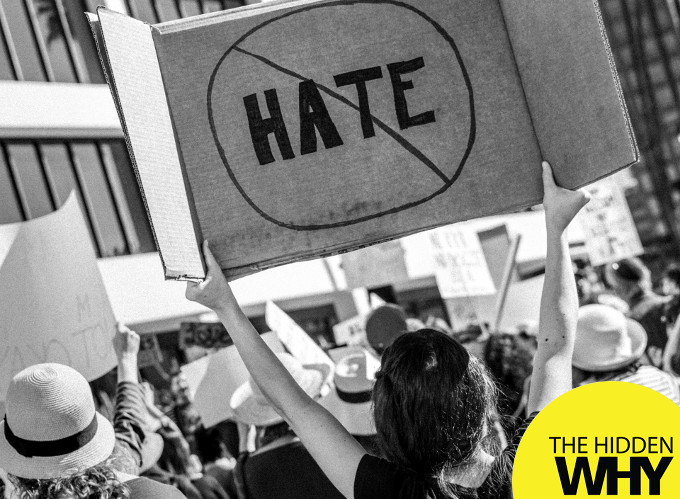
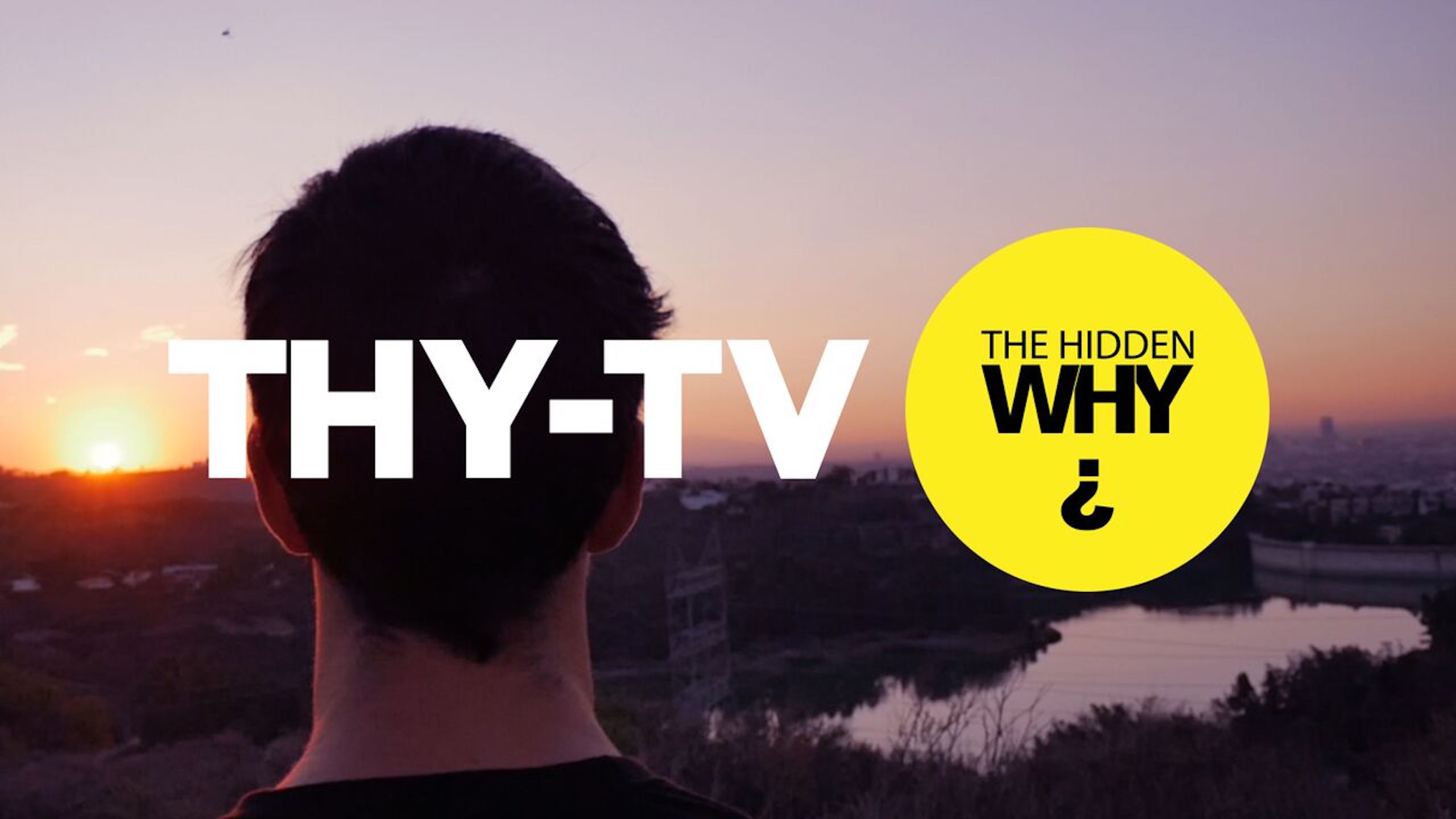
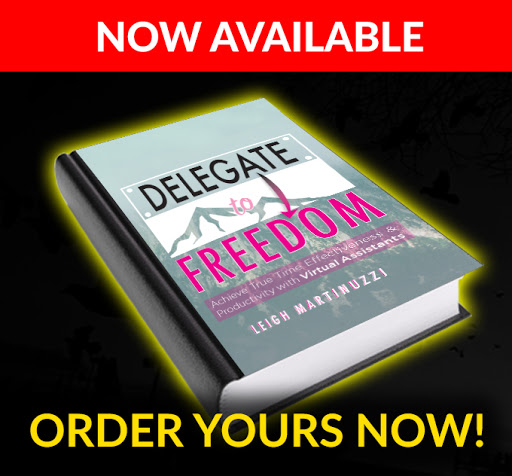
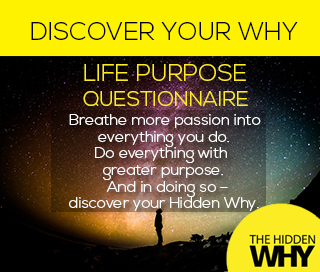



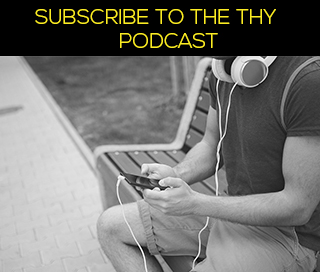
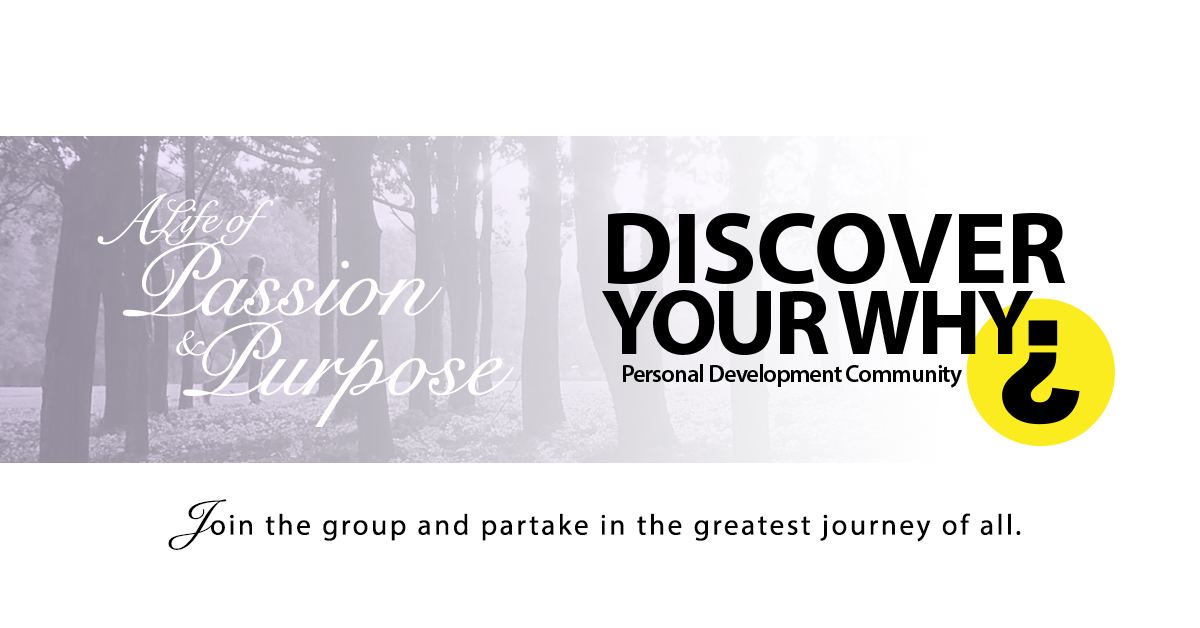
Leave a Reply